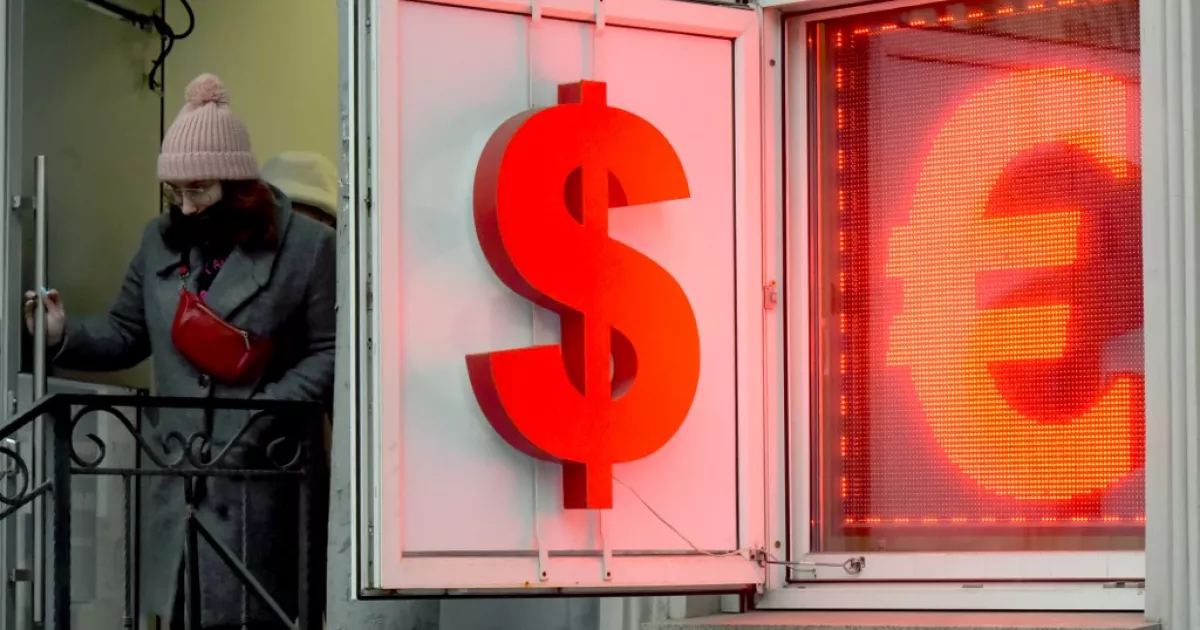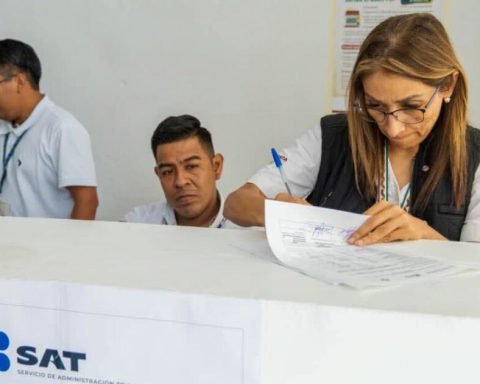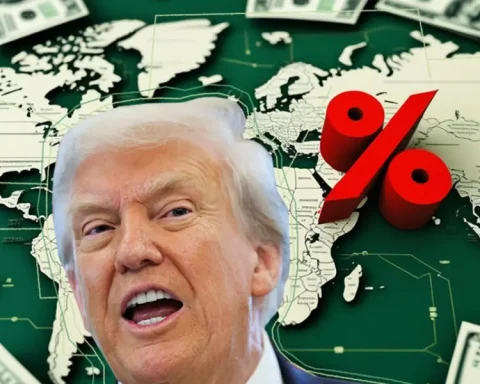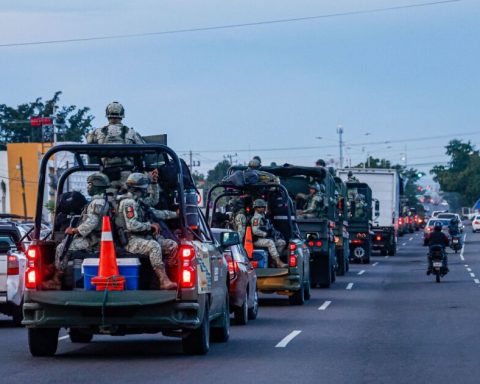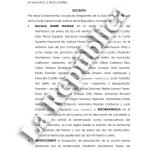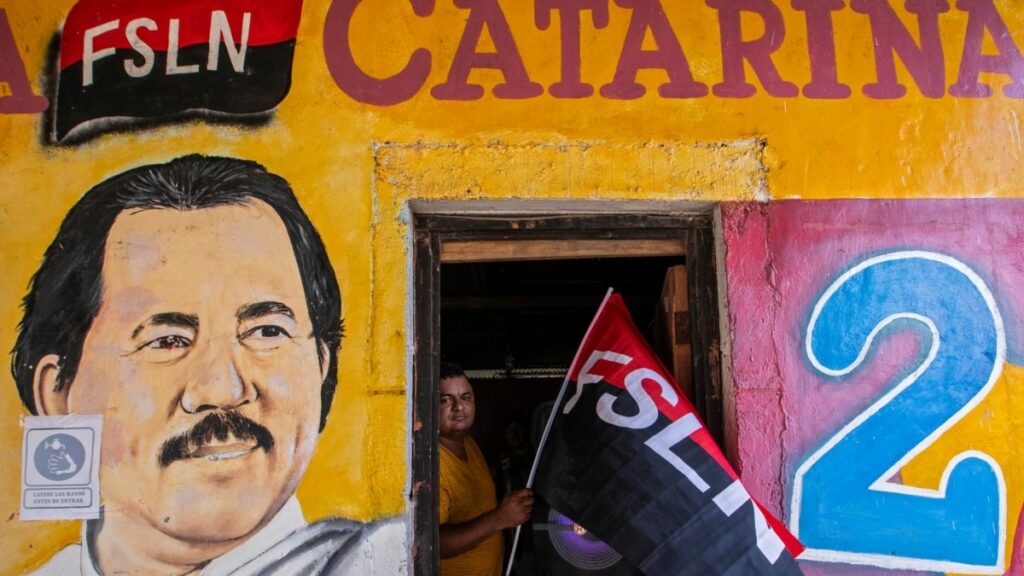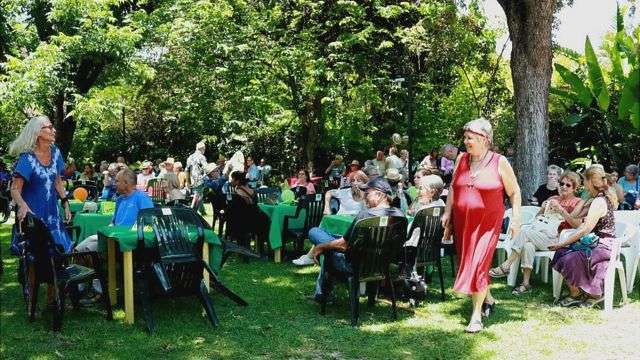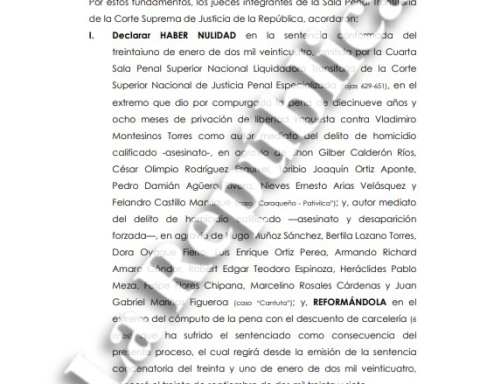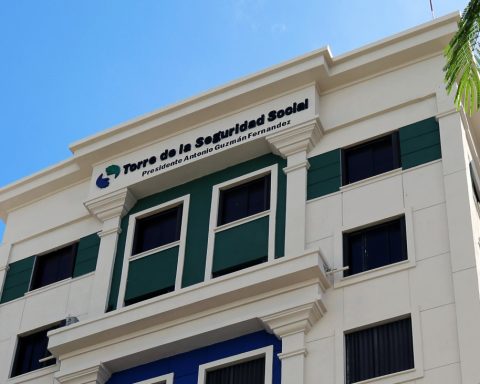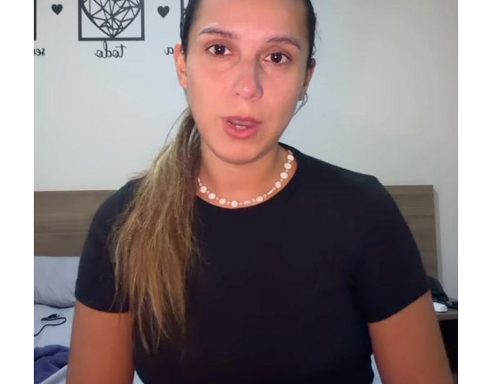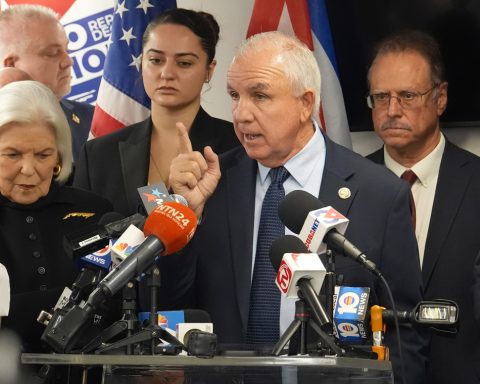“Right now they are suffering the effects of an armed conflict between Russia and Ukraine, and it is directly hitting their energy supply, particularly natural gas,” said Víctor Ceja, chief economist at the Mexican securities brokerage house (Valmex).
The increase of three quarters of a percentage point of the ECB was in line with what the market expected and, although the feeling is that they took time to start the upward cycle, unlike other central banks, in the euro zone it is not easy to take these types of decisions.
“The Bank of Mexico has five members (in the Governing Board), the Fed has 11 active members. The European Union has 25”, explained Luis Gonzali VP and co-director of investments at Franklin Templeton.
An unknown factor in the bloc is going forward, because while in countries such as the United States or Mexico it is known what the ceiling could be for the increase in interest rates with levels close to 5% and 10.5%, respectively, this data is unknown for the eurozone.
This is due, Víctor Ceja explained, to the fact that inflation in the member countries is different, and they have the certainty of very short-term events.
“We don’t know how long the armed conflict can last or what the impact could be on the price of energy; In addition, they have the proximity of winter. It may be colder than expected, so this would imply more inflationary pressure”, anticipated the expert.
Despite this, director Franklin Templeton considered that monetary policy in the euro zone will not be very restrictive, since “it is likely that Europe is already in recession. Central banks are also concerned about the effects these rate hikes could have.”
What happened in England a few weeks ago, where “we almost see a possible collapse of the financial system, where the central bank had to go out and put order. That left other central banks touched”, explained Luis Gonzali.
Monetary policy is on neutral ground. “From now on (1.5%) all the increases that are given, would place them in restrictive territory. There is no clarity on what the neutral rate is; it can be between 1.5% and 3%”, explained Ceja from ValMex.
In more than monetary policy in Europe, the ECB continues to reinvest capital gains from traditional asset purchase programs.
